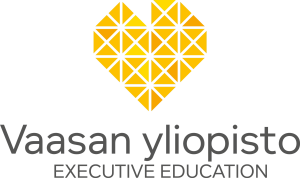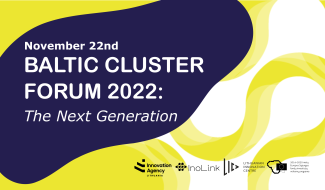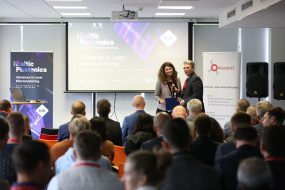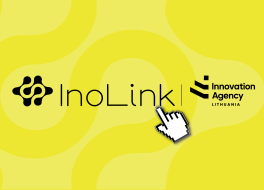The cluster without direction may collapse in few years
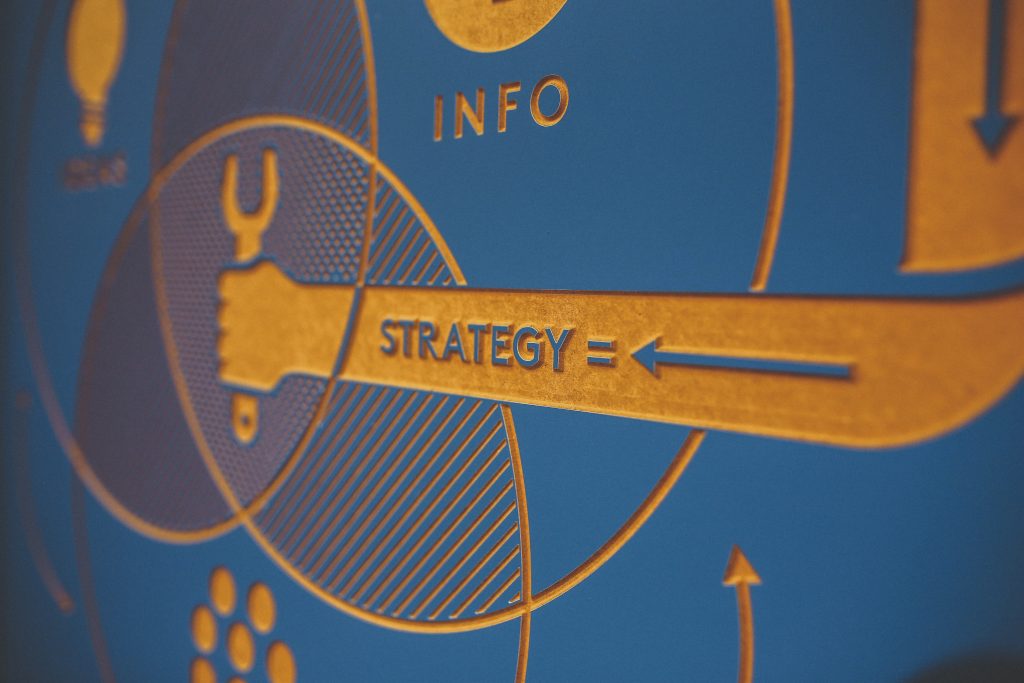
“Implementing cluster policy requires a strategic approach and consistency. A high-quality strategy is the basis of each cluster, which efforts to exploit its innovation potential and increase its competitiveness. After the challenges and transformations brought by 2020, the last six months are an active time for reviewing and developing strategies”, emphasizes Jolita Razumienė, the Head of the “InoLink” project implemented by the Agency for Science, Innovation and Technology (MITA).
Last year established Lithuanian cluster network, representing Lithuania in the European Cluster Alliance, is building its strategy based on the recently renewed Concept of the Development of the Lithuanian Clusters. With the help of experts, 13 cluster strategies are being reviewed or developed in training organized by “InoLink”. Moreover, representatives of six clusters – iVita, Smart IT, Litek, LAuGEA, TOOLAS, and SMART food – delve into the nuances of strategy development during “Cluster Manager Education” program dedicated to the Baltic Sea region clusters, which was launched last year.
The “Strategic Management and International Business Environment” module of the “Cluster Manager Education” program is implemented by the University of Vaasa, Finland.
During the latter module, 26 cluster representatives from 9 European countries are focused on both strategic management skills that create competitive advantage and tools for strategy development, implementation and analysis. Experts in strategic business development and international strategic management Marko Kohtamäki, Rodrigo Rabetino, Tuomas Huikkola and a guest lecturer from the consulting company “Aluekehittäisen Konsulttitoimisto MDI” Tommi Ranta just shared their knowledge and insights on clusters and innovation policy.
Effective cluster management requires the selection of the most appropriate tools
According to Diana Vertelkienė, the Manager of the Health Cluster iVita, this cluster has been operating for many years, therefore it has clear directions and the strategy which is reviewed and updated annually.
“We gained a broader understanding of strategic analysis tools during the “Strategic Management and International Business Environment” module. As it is more business-oriented and lecturers provide summarized information, one surely needs to delve into the tools presented and check their applicability himself”, says D. Vertelkienė.
Andrius Rakickas, the Manager of the Lithuanian Automotive Export Association (LAuGEA), agrees with it: “We already know a lot from our experience, therefore we pass everything through it during training sessions. The most important thing is to find what can be done better. Various tools have been introduced – some fit ones, some others. The information provided is useful for the business companies as well, therefore we will share the information package with our members afterward”, – adds the Head of the association, uniting 27 Lithuanian companies and scientists related to the automotive industry.
The cluster leader says that the cluster, which has been operating since 2014, developed the first strategy with the help of MITA and Lithuanian Innovation Center consultants: “Seven years passed and changes are happening of course. We do not need a strategy just because of the document – the cluster, its manager and companies need clarity. The cluster without direction may collapse in two to three years. Therefore, we review our strategy, assess the results and set plans for the next period annually”.
In 2020 LAuGEA had to suspend most of its plans, such as business missions and exhibitions. “We realized that the organization needs flexibility. The strategy should be built for up to 3 years and, of course, there is no need to strictly stick to the written steps, because the situation may no longer allow doing what was planned or it may simply be ineffective. Still, the period has shown that there are alternative ways to achieve the goal. In December, we participated in a hybrid format exhibition in Shanghai, China. It was a good start – we found out how the remote exhibitions work, how effective they are, we figured out how to prepare for them and what to pay attention to”, says A. Rakickas. He does not doubt that some of the exhibitions will remain remote even after the pandemic.
The module “Digitalization in Business” is awaiting participants in March
Cluster leaders will continue their international studies during the course “Digitalisation in Business” developed by the team of KTU EVF Digitalisation Research Group, which will be organised remotely.
In the first days of the training, they will have the opportunity not only to get knowledge about the best digitalisation practices in business but also to acquire hands-on experience working with digital tools, to discover the possibilities of using digital technologies in their cluster business models or to create innovations. To ensure a unique training experience for the participants, the KTU team will allow cluster managers to see the robotization processes from close-up.
An international team of facilitators will support communication and discussion between cluster managers through various digital tools. Facilitators’ role in the training is essential because it ensures an interesting and engaging training format. The successful digital communication “recipes” for cluster leaders will be revealed by the representatives of “Salesforce”.
More information about the training program please visit: https://www.clustereducation.com


